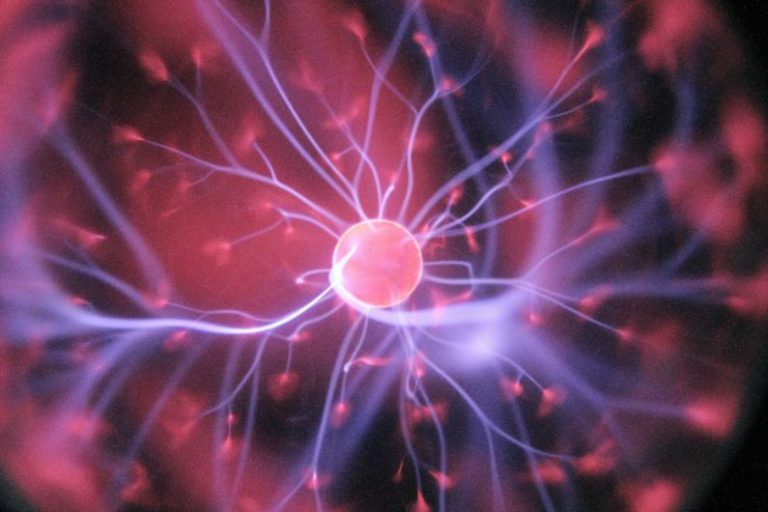How to Recycle and Dispose of Electronics Properly?
In today’s digital age, electronics have become an integral part of our lives. From smartphones to laptops and televisions to kitchen appliances, we rely on these devices for communication, entertainment, and productivity. However, when it comes to disposing of old or unwanted electronics, many people are unsure of the proper methods. This article will guide you on how to recycle and dispose of electronics in an environmentally friendly manner.
Understanding the Impact of Electronics Waste
Before delving into the proper disposal methods, it is essential to understand the impact of electronic waste, or e-waste, on the environment. Electronics contain hazardous materials such as lead, mercury, and cadmium, which can be harmful if not disposed of correctly. Additionally, improperly disposed of e-waste can release toxic chemicals into the soil and water, endangering human health and wildlife.
1. Research Local Recycling Programs
The first step in responsibly disposing of electronics is to research local recycling programs. Many cities and municipalities have designated e-waste recycling centers or collection events where you can drop off your old electronics. These programs ensure that the devices are properly recycled or disposed of according to environmental standards.
2. Donate or Sell Working Electronics
If your electronics are still in working condition, consider donating or selling them instead of throwing them away. Many charitable organizations accept donations of used electronics, which can then be refurbished and given to those in need. Alternatively, you can sell your devices through online platforms or local classifieds, giving them a second life.
3. Erase Personal Data
Before recycling or donating your electronics, it is crucial to erase all personal data to protect your privacy. Simply deleting files is not enough, as they can still be recovered. Use data wiping software or perform a factory reset to ensure that all sensitive information is permanently removed.
4. Recycle Batteries Separately
Batteries, including those found in smartphones, laptops, and other electronic devices, should be recycled separately. Many recycling centers accept batteries, as they contain harmful substances that can contaminate the environment if disposed of improperly. Look for local battery recycling drop-off locations or contact your municipality for guidance.
5. Take Advantage of Manufacturer Programs
Some electronics manufacturers offer take-back or recycling programs for their products. These programs allow you to return your old devices to the manufacturer, who will then recycle or dispose of them responsibly. Check the manufacturer’s website or contact their customer support to inquire about any available programs.
6. Properly Pack Electronics for Disposal
When preparing electronics for recycling or disposal, it is essential to pack them securely to prevent damage during transportation. Wrap fragile devices in bubble wrap or use protective foam, and place them in sturdy boxes. This ensures that the devices arrive at the recycling center intact and reduces the risk of any hazardous materials leaking.
7. Consider Repairing Instead of Replacing
Before discarding an electronic device, consider whether it can be repaired instead of replaced. Many issues can be fixed with a simple repair, saving you money and reducing electronic waste. Look for authorized repair shops or consider DIY repair if you have the necessary skills.
In conclusion, recycling and disposing of electronics properly is crucial to protect the environment and human health. By researching local recycling programs, donating or selling working devices, erasing personal data, recycling batteries separately, taking advantage of manufacturer programs, properly packing electronics, and considering repairs instead of replacements, we can all contribute to a more sustainable future. Let’s make a conscious effort to handle our electronics responsibly and reduce the negative impact of e-waste on our planet.






